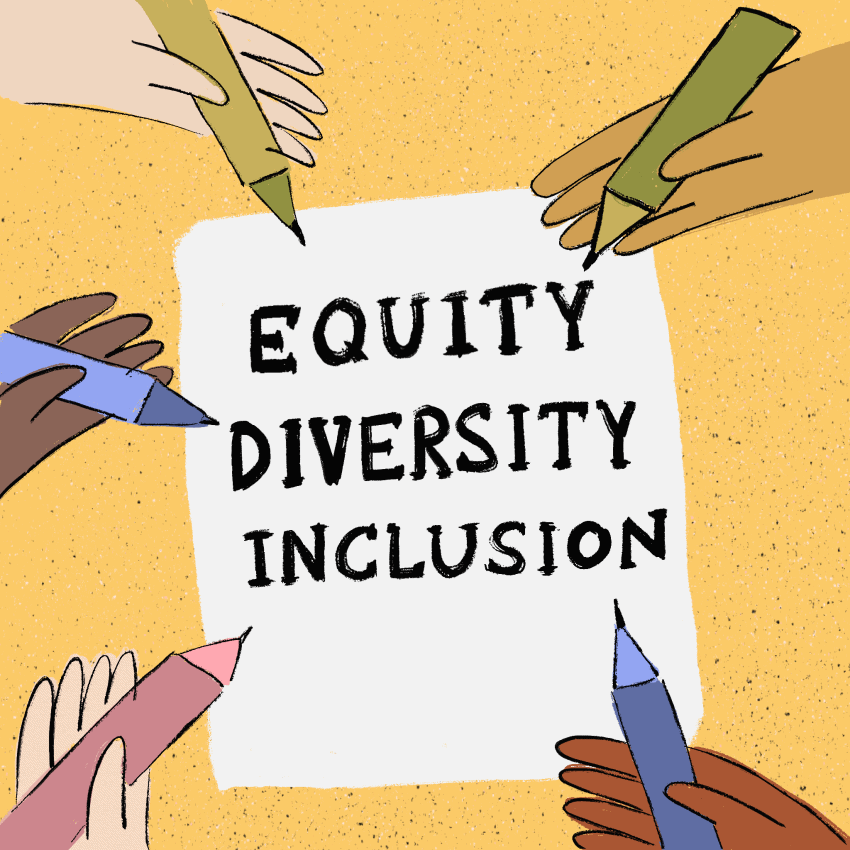
The University of Saskatchewan has introduced an Equity, Diversity and Inclusion institutional policy to better reflect modern society’s political and legal contexts.
The EDI policy will replace the 1994 Employment Equity Policy that the university was previously using as a guideline. Research for the policy began about 18 months ago and was officially unveiled to students on Nov. 6 in an email sent by U of S President Peter Stoicheff.
“This policy will support the university community in bringing to life the principles of diversity, equality, human dignity and manācihitowin, and reflecting them back in our daily interactions and decisions,” the email reads.
Although the research for the policy began over a year ago, Cheryl Carver, associate vice-president of people and resources, says in an email to the Sheaf that the recent global outcries over social injustices “exemplify the need for clear statements of commitment to equity, diversity and inclusion.”
Stoicheff says that equity, diversity and inclusion strengthen the community and “enhance excellence, innovation and creativity in all domains.”
Consultations for the policy involved over 20 groups representing diverse perspectives and interests, according to Carver. These groups included senior leadership and management teams, specialized EDI-centric committees, groups and specialists, committees of council, student government, human resources professionals, unions and associations.
The EDI policy is not an all-inclusive policy. Goals regarding Indigenization are not seen within the scope of the document, as the university has a separate plan of action on that topic, says Carver.
“We recognize that the university has other policies and frameworks in place on which the EDI Policy complements and/or builds,” Carver said. “EDI and Indigenization are related and share some common principles, but they are also distinct and each needs its own framework.”
Furthermore, the new policy does not include guidelines on anti-racism. Carver says that discussions for an anti-racism policy are currently in progress and that it will be complementary to the EDI guidelines.
Ultimately, Carver believes that “this policy challenges us to examine all university structures.”
Stoicheff sees this policy as positive encouragement for everyone to analyze their biases, assumptions and stereotypes “that inhibit opportunity in work and learning environments.”
“It is through this work that we will enhance our community and bring us closer to our aspiration of being the university the world needs,” Stoicheff said.
The policy will also serve as a framework for future initiatives, since the policy by itself does not encapsulate institutional change, says Carver. The policy will be used in the university’s EDI Strategy and Action Plan which will be shared with the university community in 2021.
“This important work serves as a foundation,” Stoicheff said. “I am proud of our work as a university, and I am especially proud of our students, staff and faculty for your continued commitment to our university and the principles and values that we uphold.”
—
Wardah Anwar | News Editor
Graphic: Anh Phan | Design Editor